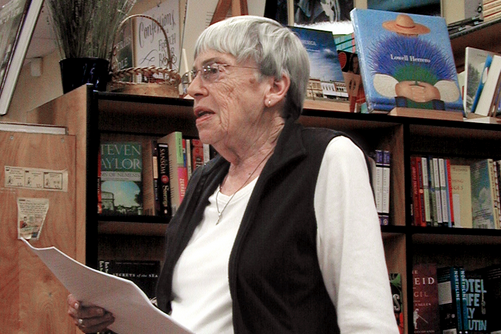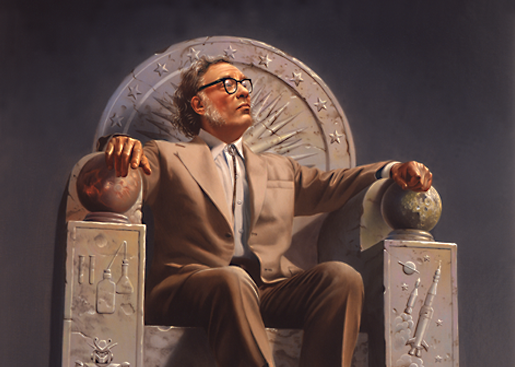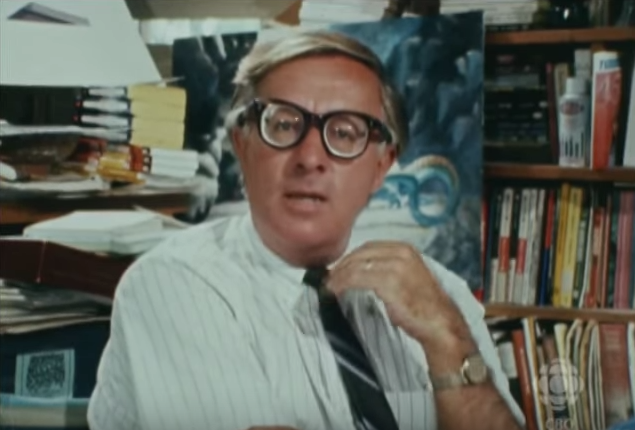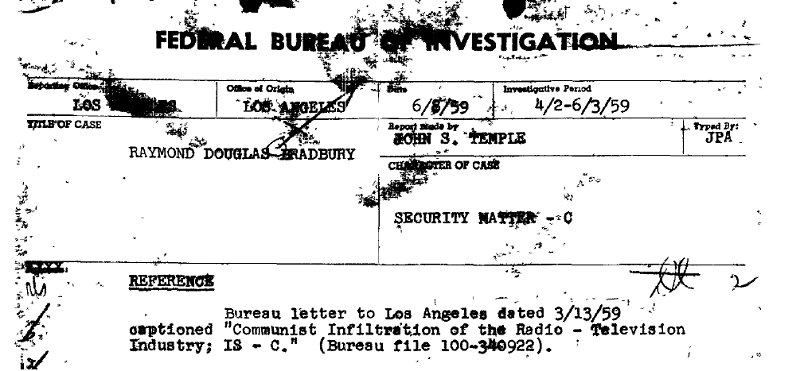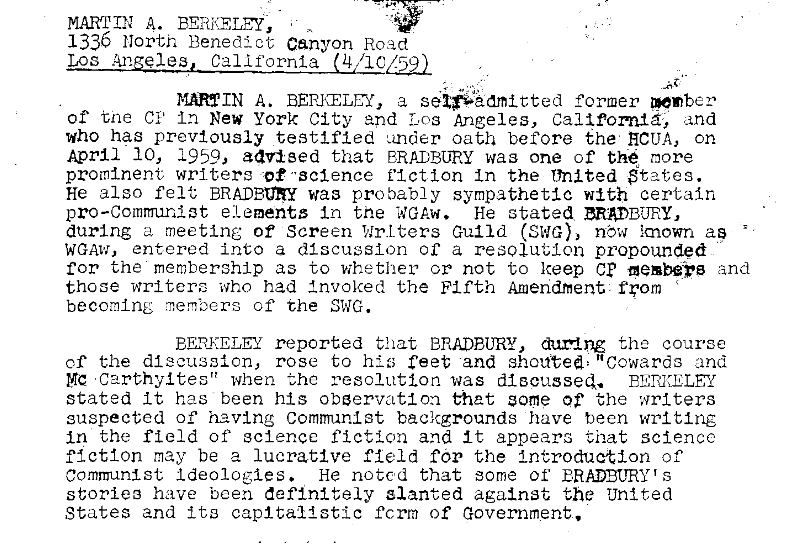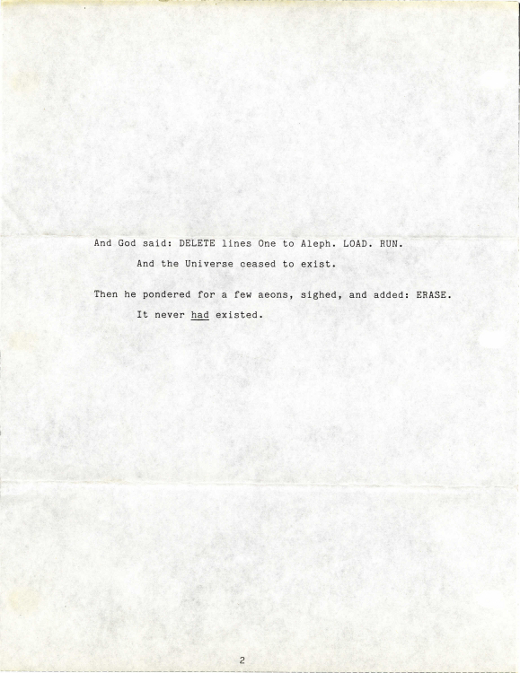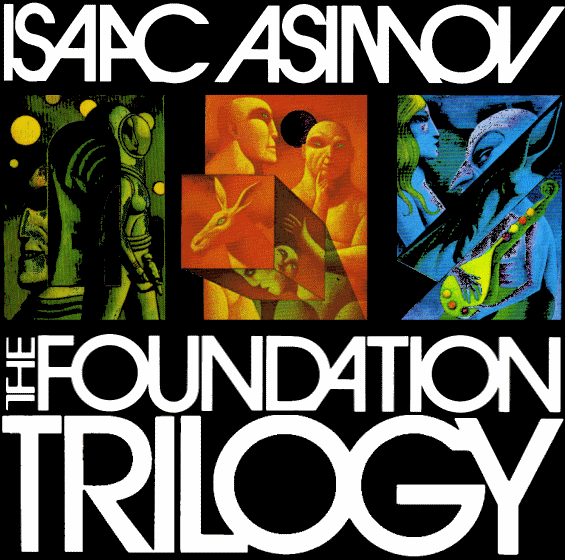Last year we featured artwork from the Dune movie that never was, a collaboration between Alejandro Jodorowsky, the mysticism-minded Chilean director of such oft-described-as-mind-blowing pictures as El Topo and The Holy Mountain, and the artist Jean Giraud, better known as Mœbius, creator of oft-described-as-mind-blowing comics as Arzach, Blueberry, and The Airtight Garage. If ever a meeting of two creative minds made more sense, I haven’t heard about it. Alas, Jodorowsky and Mœbius’ work didn’t lead to their own Dune movie, but it didn’t mark the end of their artistic partnership, as anyone who’s read The Incal knows full well.
Telling a metaphysical, satirical, space-operatic story in the form of comic books originally published throughout the 1980s (with sequel and prequel series to come over the following 25 years), The Incal on the page became the fullest realization of Jodorowsky and Mœbius’ combined vision.
Its success made it a logical candidate for film adaptation, and so director Pascal Blais brought together artists from Heavy Metal magazine (in which Mœbius first published some of his best known work) to make it happen. It resulted in nothing more than a trailer, but what a trailer; you can watch a recently revamped edition of the one Blais and his collaborators put together in the 1980s at the top of the post.
Any Incal fan who watches this spruced-up trailer will immediately want nothing more in this life than to see a feature-film version of dissolute private investigator John DiFool, his concrete seagull Deepo, and the titular all-powerful crystal that sets the story in motion. And anyone not yet initiated into the science-fiction “Jodoverse” for which The Incal forms the basis will want to plunge into the comic books at the earliest opportunity. Perhaps Blais will one day fully revive the project; until then, we’ll have to content ourselves with Luc Besson’s The Fifth Element (with its Mœbius-developed production design, similar enough to The Incal’s to have sparked a lawsuit) and maybe, just maybe, a live-action adaptation from Drive director Nicholas Winding Refn.
Related Content:
Moebius’ Storyboards & Concept Art for Jodorowsky’s Dune
The Inscrutable Imagination of the Late Comic Artist Mœbius
Moebius Gives 18 Wisdom-Filled Tips to Aspiring Artists (1996)
Mœbius Illustrates Paulo Coelho’s Inspirational Novel The Alchemist (1998)
Mœbius Illustrates Dante’s Paradiso
Based in Seoul, Colin Marshall writes and broadcasts on cities and culture. He’s at work on a book about Los Angeles, A Los Angeles Primer, the video series The City in Cinema, and the crowdfunded journalism project Where Is the City of the Future? Follow him on Twitter at @colinmarshall or on Facebook.
